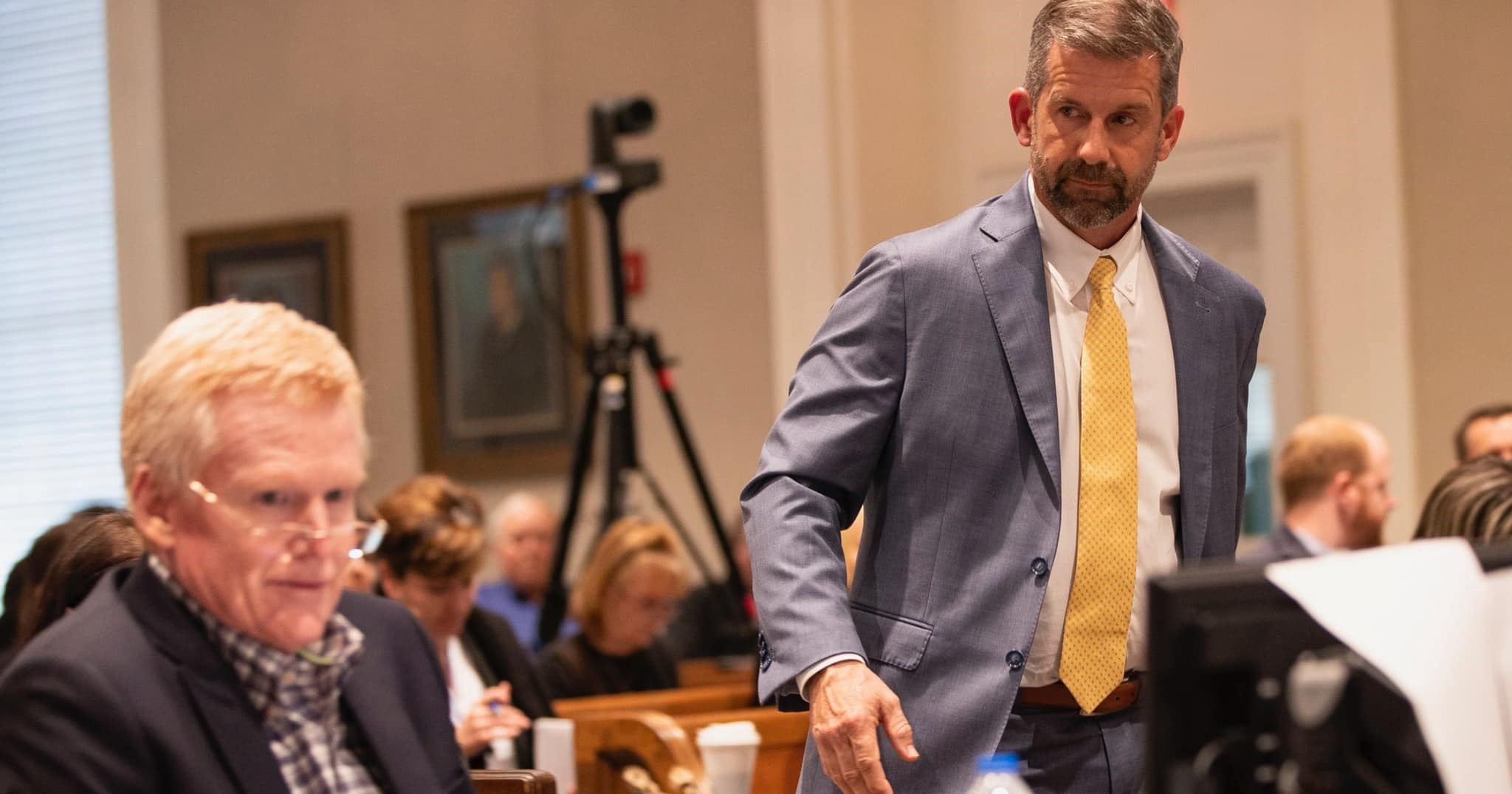
When I decided to go to law school, not only had I never been inside of an attorney’s office, I had never even met a lawyer. My dad was a union electrician and my mom worked retail at the mall. We were far from a country club family. Our backyard garden was for food, not a hobby. We did not have a housekeeper. We didn’t even have a second full bathroom at my house in South Jackson. In contrast, it was not uncommon for my law school classmates to come from generational wealth and rich legal legacies. For many, whether they liked it or not, it was a foregone conclusion they would return to their hometowns to carry on their grandfather’s names in the law in places like Yazoo City, Lexington, Natchez, Biloxi and Tupelo, where the good old boys live.
Most people in the South understand the term “good ol’ boy.” The Oxford Dictionary defines a good old boy as “a man who embodies some or all of the qualities considered characteristic of many white men of the southern United States, including an unpretentious, convivial manner, conservative or intolerant attitudes, and a strong sense of fellowship with and loyalty to other members of his peer group.” A good old boy is hard to describe, but like a stray dog, you know one when you see one. While the term evokes the notion of a single person, it is more akin to a system of conformity highlighted by blind loyalty without merit —with an undertone of arrogance and entitlement.
*****
I was thankfully late to the Alex Murdaugh double-murder-circus which ended (for now) with Murdaugh receiving two-life sentences on March 3, 2023. As everyone had been talking about it, I finally asked my law partner, a native of Vicksburg, to explain all the hype. He told the story in great detail, as a good lawyer is prone to do, and introduced me to one of the good guys of the saga, Mark Tinsley, a gladiator in a suit with a law license instead of a sword. I decided to watch the Netflix series, and intrigued by Tinsley, I watched his testimony from a hearing outside the presence of the jury on YouTube, which was important to explain how financial pressure from wrongful death litigation was going to uncover the millions of dollars the opioid addicted Murdaugh had been stealing from his clients for years, which was part of his motive for murdering his wife and son.
If you just got back from the moon and missed the whole thing, the Murdaugh family had dominated the legal landscape in the Lowcountry region of South Carolina for over 100 years. For generations, their men served as that area of South Carolina’s version of the district attorney, while contemporaneously enjoying lucrative private practices. There is more information than any person would want to consume on the Murdaugh chronicle on social media and in traditional news outlets, but this New York Times article provided me a good summary.
Mark Tinsley became involved as the real-life drama unfolded because he represents the family of Mallory Beach, who was tragically killed on February 23, 2019 in a boating accident in which the son of Alex Murdaugh, Paul, was the inebriated boat operator. Apparently, citizens had been backing down from the Murdaugh family for as long as people could remember, because they essentially controlled the law from both a civil and criminal standpoint in the area. They even delayed the search for the body of Mallory Beach, as her family agonized for over a week. People were afraid of Murdaugh before he was ever charged with murder.
But not Tinsley.
Although Alex Murdaugh tried to intimidate him, Tinsley boldly took on the establishment in his own backyard. He relentlessly represented the interests of his clients, even while fighting Stage 4 cancer. He knew things were not quite adding up, but he did not know why, so he followed his instincts to pursue the disclosure of financial information, which was only peripherally relevant, but proved to be the gale forced wind knocking down Murdaugh’s castle of cards.
This is an excerpt from statements made by Judge Clifton Newman to Murdaugh during sentencing:
…I can just imagine on that day June 7 when a lawyer was confronted and confesses to stealing over half a million dollars from a client and he has a tiger like Mark Tinsley on his tail pursuing discovery in the case involving the death of Mallory Beach. And having a father for the most part on his deathbed. I can imagine – I really can’t imagine – but I know it had to have been quite a bit going through your mind on that day.
But amazingly to have you come and testified that it was just another ordinary day – that ‘my wife and son and I’ were just out and enjoying life. Not credible. Not believable. You can convince yourself about it but you have had the inability to convince anyone else about that.
I sentence you to the state department of corrections on each of the murder indictments…for the rest of your natural life.
I would like to tell you that the days of good ol’ boys in Mississippi are gone, but if you are reading this article, especially if you are from here, you know that is unfortunately not the case. Frankly, the term was probably invented in Mississippi. It is certainly not uncommon for me to walk into a Judge’s chambers in districts around the state and have opposing counsel seem way too friendly with the Court and its staff, especially in small towns. But we have some really good people too. Remember what happened to Dickie Scruggs in Oxford?
My intended takeaway from this writing is as follows: If you find your life entangled in the legal system, find your own tiger like Mark Tinsley, and keep your distance from the good ol’ boy establishment, because being in its reverence is the fuel upon which it is perpetuated.
Craig Robertson is the founder of Robertson + Easterling. For over 23 years, he has practiced exclusively high net worth divorce and complicated family law in Mississippi. You will want him in your corner because he knows the things you care about deeply are at stake. He values family, health, wellness and creativity. He is a tiger who feasts on good ol’ boys.





